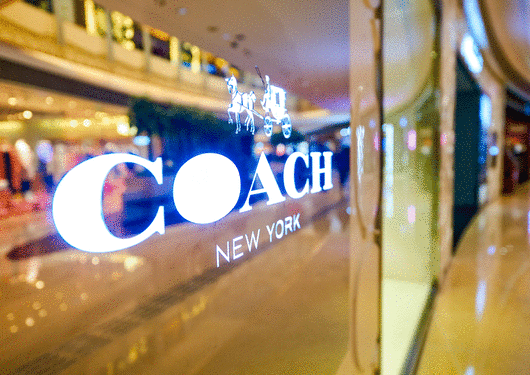
Visit Our Sponsors |
|
|
|
|
|
|
|
|
|
|
|
|
|
|
|
|
|
|
|
|
|
|
|
|
|
|
|
|
|
|
|
|
|
|
|
|
|
|

It snapped up Miguel Adrover, a darling of New York Fashion Week, plus Daryl K, Pamela Dennis, Judith Leiber and Angela Amiri. But one year later, it had sold most of them and renamed itself the Leiber Group.
So much for that.
In 2012, Liz Claiborne Inc., the holding company for Juicy Couture, Lucky Brand jeans and Kate Spade, renamed itself Fifth & Pacific to telegraph its transformation into a lifestyle brand group that would leverage its coastal American identity into global markets à la big European luxury groups. By the end of 2013 it had sold both Juicy and Lucky. And in 2014 it renamed itself again: Kate Spade & Co.
So much for that.
Every few years, it seems, another American company decides to try to mimic the success of the major European conglomerates, LVMH Moët Hennessy Louis Vuitton (owner of more than 50 brands, including Givenchy, Fendi and Marc Jacobs, and of one of the largest market capitalizations in France), Kering (Gucci, Bottega Veneta, Saint Laurent, Stella McCartney) and Richemont (Cartier, Van Cleef & Arpels, Chloé). And then it doesn’t work.
But because, it seems, hope springs eternal, last week another business put its hat in the ring: Coach, snapping up the aforementioned Kate Spade for $2.4bn and creating its own stable of American brands, including Stuart Weitzman, purchased in 2015.
The question now is whether Victor Luis, chief executive of Coach, can go where no other C.E.O. has gone before and create the first identifiable, successful American fashion group.
RELATED CONTENT
RELATED VIDEOS
Timely, incisive articles delivered directly to your inbox.

